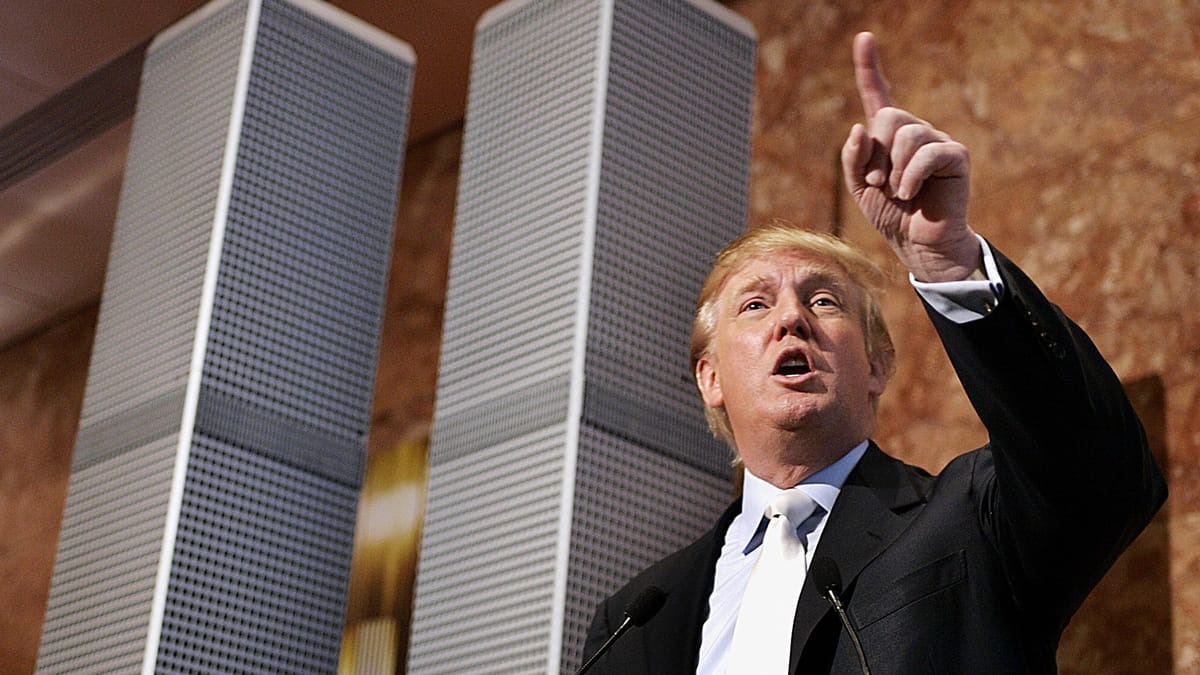The recent oral arguments at the Supreme Court regarding Donald Trump’s claim of absolute immunity for acts committed during his presidency have ignited a firestorm of controversy and raised profound questions about the nature of executive power and accountability in American democracy.
Trump’s assertion of immunity is not just legally dubious but also fundamentally challenges the core principle that no individual, not even the president, is above the law.
The Supreme Court’s decision to hear this case has only amplified the gravity of the situation, as it potentially delays Trump’s accountability and denies the public vital information about his actions while in office.
Donald Trump (Credits: POLITICO.eu)
The heart of the matter lies in the interpretation of presidential immunity and its implications for the functioning of democracy.
Justice Samuel Alito’s argument that presidents require immunity to prevent destabilization of democracy is met with incredulity by many, as it suggests that the president should be shielded from criminal prosecution, regardless of the legality of their actions.
However, history and legal precedent paint a different picture. The framers of the Constitution explicitly rejected the notion of presidential immunity from criminal prosecution, emphasizing the importance of accountability and the rule of law.
The idea that the president could be tried, convicted, and even put to death in capital cases underscores the founders’ commitment to ensuring that no individual, not even the president, is beyond the reach of justice.
Donald Trump (Credits: The Hollywood Reporter)
Yet, the Supreme Court’s handling of the case raises concerns about its commitment to upholding these principles. Rather than confronting the reality of Trump’s actions and their potential consequences for democracy, the court appears hesitant to render a definitive judgment.
Instead, it seems inclined to defer the decision, further delaying accountability and perpetuating uncertainty about the limits of presidential power.
In the face of this unprecedented challenge to the rule of law, it is imperative that the Supreme Court uphold the principles enshrined in the Constitution and affirm that no individual, regardless of their position, is exempt from accountability. Anything less would be a betrayal of the fundamental values upon which American democracy is built.
